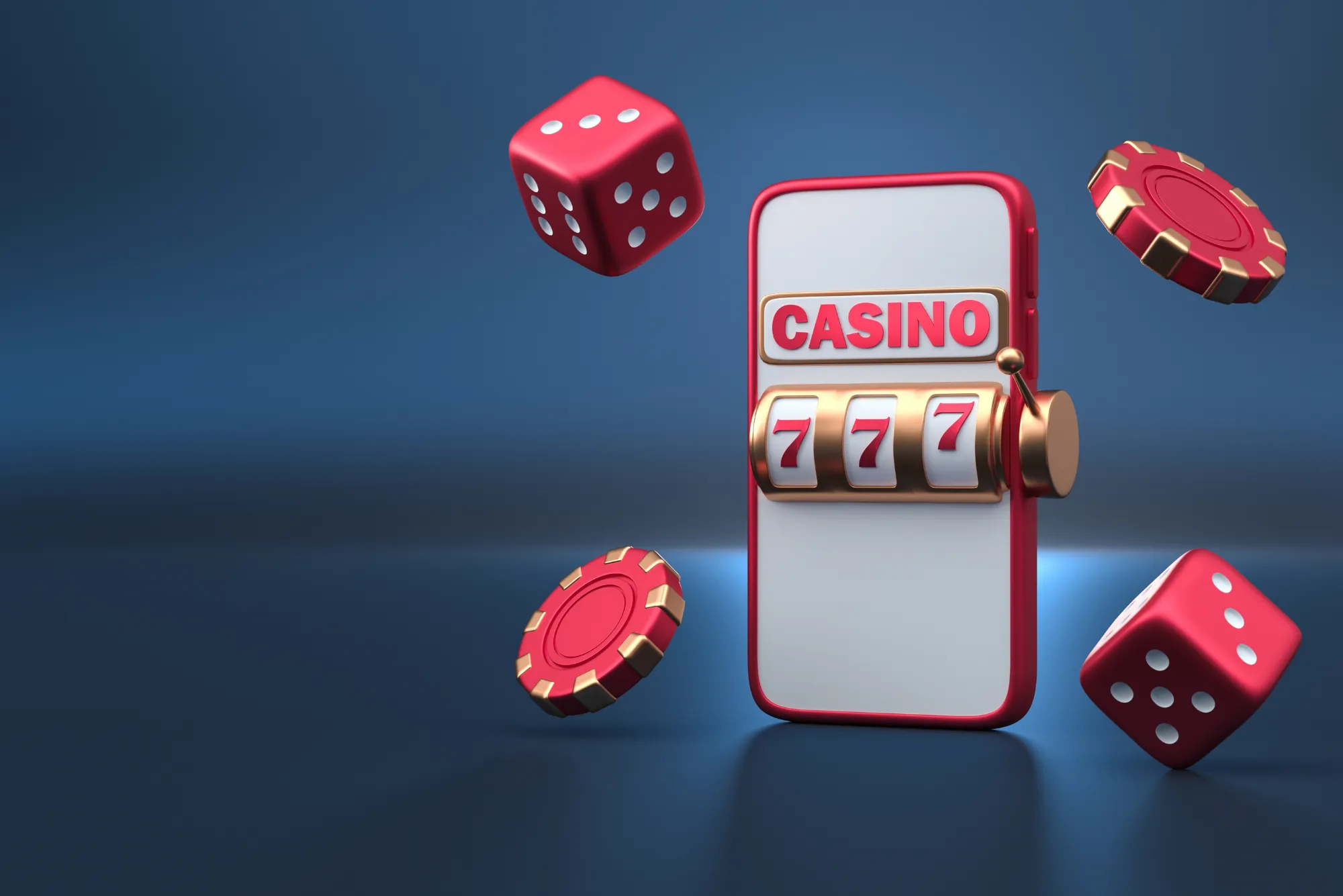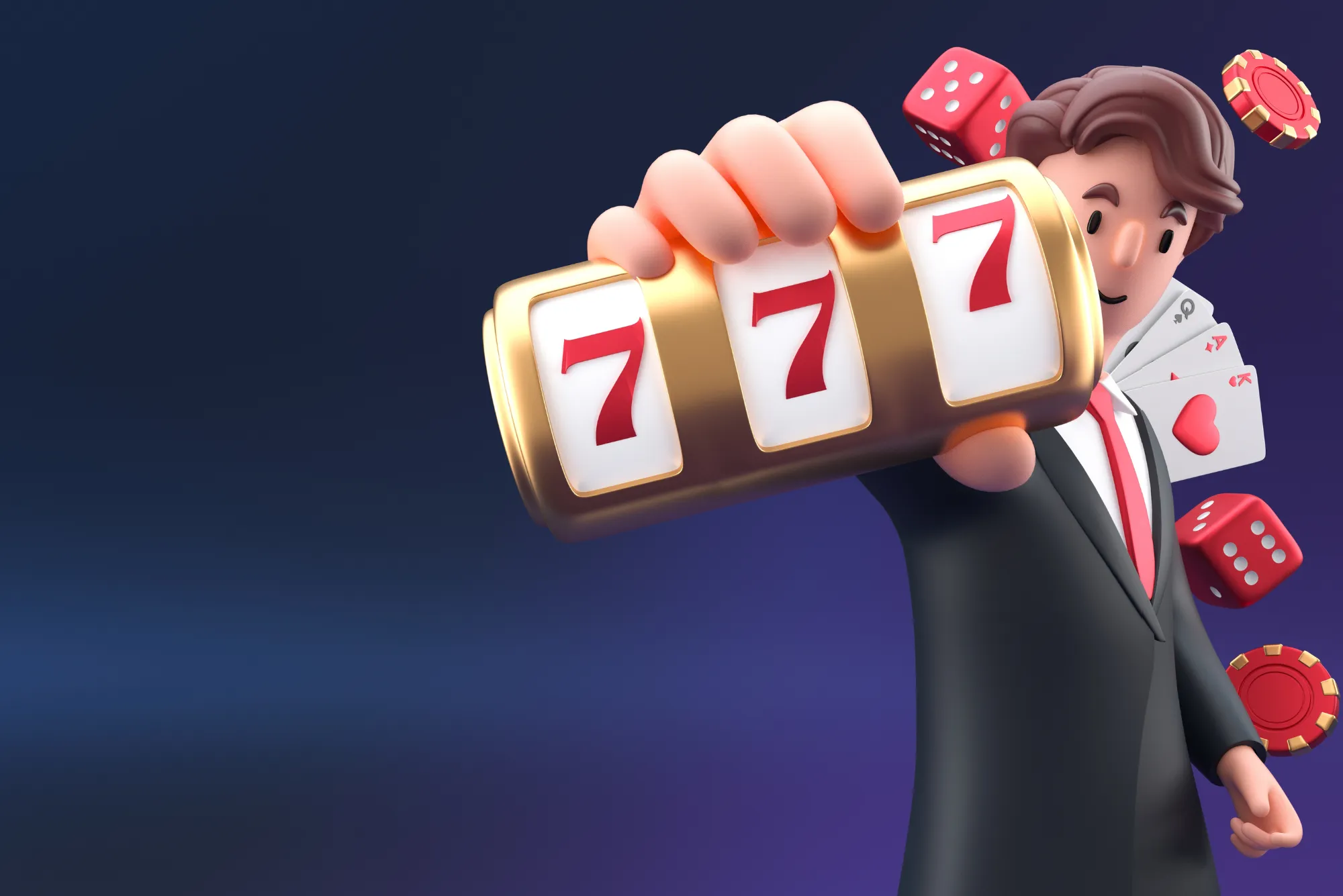Every casino player has their favorite game. For some, it’s the endless excitement of slot machines, while for others, it’s the timeless elegance of roulette. Both games dominate the casino floor and online platforms, yet they attract very different types of players. While slots remain the most played game worldwide, roulette has a unique following of players who find it more appealing.
So why do some gamblers prefer roulette over slots? To answer that, we need to explore psychology, game mechanics, and the experience each one offers. Having played both extensively, I can say the choice often comes down to control, strategy, and atmosphere.
The Social Experience of Roulette
Slots are typically solitary. You sit, press a button, and wait for the reels to spin. It’s quick, colorful, and exciting but often lacks social interaction. Roulette, on the other hand, thrives on energy and community.
A roulette table naturally draws people together. Players place their chips, cheer for lucky numbers, and share the highs and lows as the ball dances around the wheel. Even when playing online, live dealer roulette carries this social atmosphere, with dealers interacting through chat and players often joining the same tables repeatedly.
For many, this sense of shared excitement makes roulette more engaging than the isolated experience of slots. It feels like being part of something larger, not just a machine.
The Perception of Control and Strategy
One of the biggest reasons gamblers lean toward roulette is the feeling of control. Slots rely entirely on random number generators, with no decision-making involved beyond hitting spin. While this makes them simple and accessible, it also leaves some players feeling powerless.
Roulette, by contrast, involves choices—where to place your bets, whether to focus on colors, odd/even, or specific numbers. While the outcome is still random, the player’s decision-making creates a sense of strategy. This illusion of control can be very appealing.
In my own sessions, I’ve found that placing calculated bets in roulette—like covering a section of the wheel—gives a more involved experience than simply watching reels spin. It adds anticipation and engagement. This element of control is why many gamblers gravitate toward roulette tables rather than slot banks.
Interestingly, this difference in mindset even shows up in how players fund their games. Many platforms that offer roulette also cater to convenience by integrating credit card casinos uk. For roulette enthusiasts, the ability to quickly fund their strategy-driven play complements the excitement of placing bets with intention rather than chance alone.
The Role of Odds and Payouts
From a purely mathematical perspective, roulette offers more transparent odds than slots. Players can see exactly what they’re betting on and calculate potential returns. Even though the house still has an edge, the clarity appeals to those who like to understand the risk they’re taking.
Slots, meanwhile, hide their odds behind return-to-player percentages and paylines that can be confusing. You never quite know what the payout rate will be on any given spin. For gamblers who value clarity and structure, roulette feels more straightforward.
Atmosphere and Tradition
There’s also a cultural and historical aspect to roulette. Known as “the queen of the casino,” roulette carries an aura of glamour. From Monte Carlo to Las Vegas, roulette tables have been the centerpiece of casino halls for centuries.
The spinning wheel itself is iconic—evoking images of James Bond placing cool, calculated bets. Slots, while entertaining, don’t carry the same sense of tradition or prestige. For players who enjoy the theatrics and atmosphere of gambling, roulette often feels more “authentic.”
Why Slots Still Dominate
Of course, the popularity of slots cannot be ignored. Their simplicity, speed, and variety make them irresistible to millions. Slots offer themes ranging from ancient mythology to pop culture, providing endless novelty. They’re also lower-stakes, allowing casual players to enjoy long sessions without risking too much.
Roulette demands attention and thought, while slots allow for a more relaxed, almost passive form of play. This is why many gamblers move between the two depending on their mood.
The Future of Player Preferences
With the growth of online gambling, both roulette and slots have adapted in exciting ways. Slots now feature 3D graphics, interactive bonus rounds, and massive progressive jackpots. Roulette has evolved into live dealer formats that replicate the energy of land-based casinos.
As virtual reality and augmented reality continue to develop, the gap between these two styles of gaming may narrow. Imagine stepping into a VR casino where the wheel spins in front of you, or sitting at a virtual slot machine that surrounds you with immersive visuals. The choice between roulette and slots will likely come down even more to personal preference rather than technological limitations.
Final Thoughts
Some gamblers prefer roulette over slots because it offers social interaction, a sense of control, and a cultural legacy that slots can’t match. Others stick with slots for their convenience, variety, and simplicity. Ultimately, both games serve different needs and moods, which is why they coexist so successfully in every casino.
In my experience, roulette feels more like an event—strategic, social, and atmospheric—while slots feel more like entertainment—fast, colorful, and casual. Neither is “better” than the other, but if you value control, transparency, and tradition, it’s easy to see why roulette wins the hearts of many gamblers







